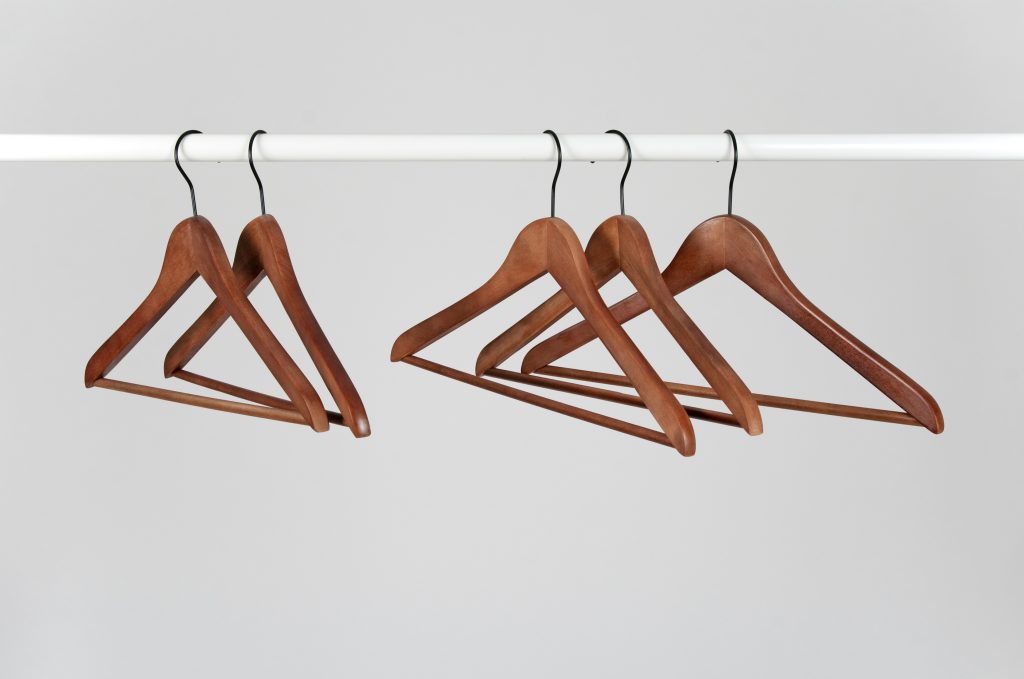Four years ago, I did something crazy — I packed up two suitcases and moved halfway across the entire globe, from Melbourne, Australia, to upstate New York. Whether willingly or not, I had to heavily cut down on a lot of my clothing. My old scrappy T-shirt that was really comfy but not so flattering? That had to go. My 12 pairs of sneakers? Nope, I could only bring one. After my first year abroad, I thought to myself, “Do I even know what’s in my closet at home?” The answer, unsurprisingly, was no. And while I did buy a fair few things while being over here, I certainly didn’t have nearly half the amount of stuff that I had in my room at home.
Having a minimal wardrobe and lifestyle was, in fact, quite liberating. I realized I did not need 20 going-out tops and that sharing clothes with my friends was a lot more fun than buying new ones for every weekend. Whether we are willing to admit it or not, living sustainably is important to every single one of us. We all need to be a little more green, and one perhaps unconventional way to do it is to have less stuff.
Maybe you’ve heard this before, or maybe this is your first time reading it, but some individuals have shown that having less stuff equals more happiness. What we sometimes don’t realize is that having more clothes means more laundry, more commodities means more clutter and more things creating a mess means more time cleaning up.
Think of a time when you were happiest. Was it when you were camping? Traveling? Perhaps on a boat? The one thing that these experiences have in common is that you were likely to have had a small bag of things with you and not your entire wardrobe. Among other things, this likely gave you more freedom and more time to focus on the things that are really important, like your family and friends who were with you.
So here is me suggesting that less stuff might actually equal more for you. In recent decades, Americans have become very good shoppers. But where does this lead us? Huge credit card debts, massive environmental footprints and certainly not more happiness. Unfortunately, consumerism is a driving force in today’s economy. In every ad, we see a new sweater that we need or a new accessory that we just must have. Since the 1950s, we have been buying more stuff in ever-increasing amounts.
It’s also important to note that things these days are not even built to last. Apple revealed that its $2,000 MacBooks are expected to last around four years, while iPhones are only meant to last three. This means that after just three or four years, you are forced to buy another new phone or laptop. As we keep consuming, these big companies are reaping the profits and our environment (and bank accounts) is paying the costs.
So what can we do about it? We, as consumers, can demand better stuff. If we only buy quality things, then companies will be forced to stop producing the things that don’t sell. What we often don’t realize is that literally every single thing we buy and throw out ends up in a landfill or the ocean. Before you buy something, think to yourself, “Is this going to make me happy for a long time?” If the answer is “no,” then you probably don’t need it.
So next time you’re at the mall, perhaps think of investing a bit more money in things that you will love for years rather than weeks. A $150 pair of snow boots that will last might be more worth it in the long run than the lower quality pair on sale for just $20. This semester, try living like a practical minimalist! Have less, and be more.
Tiffany Dun is a senior majoring in psychology.



